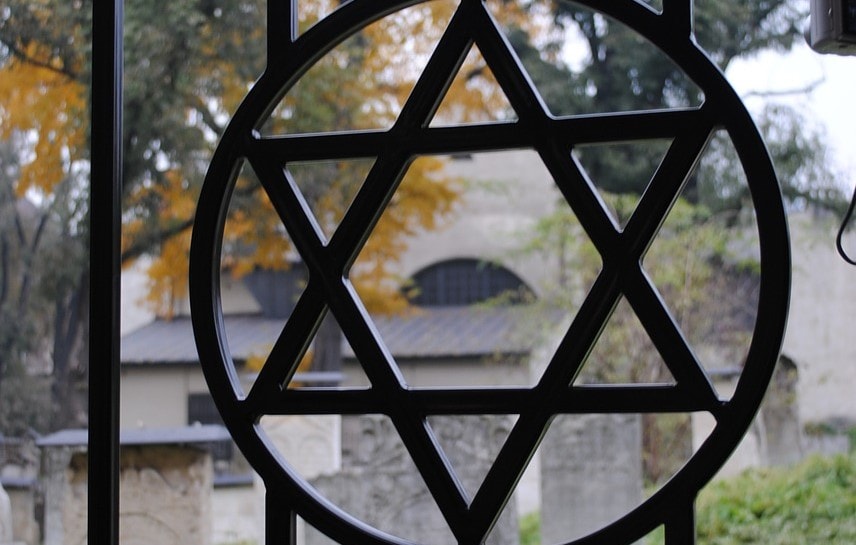Jews in America and elsewhere are in trouble, as three factors threaten to turn 2020 into a nightmare of Antisemitic violence for Jewish communities.

Consider the following: 2019 was a record-breaking year for global Antisemitism. The number of “severe and violent incidents” monitored by the Kantor Center rose by 18 percent worldwide.
In the US, Antisemitism reached the highest level since tracking began in 1979. More than 2,100 cases of “assault, vandalism and harassment” were reported nationwide, the Anti-Defamation League said. Violence spiked in areas with large Jewish populations, and some communities suffered deadly attacks.
In Britain, Antisemitism monitor CST recorded an all-time high of 1,805 incidents. This marked the fourth consecutive year a record was broken. In Austria, the number of anti-Jewish incidents more than doubled in five years. The list goes on and on.
But now there is more bad news: the situation faced by Jews in America and elsewhere is getting worse. The combination of three factors in 2020 promises another Antisemitic surge, with a heightened risk of more violence.
US Unrest Threatens Jews
First there is the brutal killing of George Floyd by the police and subsequent protests and riots in America and beyond. This racially charged unrest is leaving Jews in an uneasy position.
On the left, many activists and African Americans see Jews as part of a privileged and oppressive elite that exploits blacks. Some observers also point out that Black Lives Matter, which leads the protest, is an Antisemitic movement.
In parallel, a massive online campaign is falsely blaming the conduct of US police officers on Israeli training. The Palestinians are also spreading hateful propaganda as they try to link their cause to the global protest.
On the right, Jews are widely resented for taking the side of the protesters. In some circles, Jewish billionaires like George Soros are accused of fomenting riots to bring down America. These and similar charges reinforce familiar conspiracy theories against Jews.
As extremists increasingly dominate the discourse, the Jews find themselves squeezed in the middle. With emotions running high, the radical fringes on both sides will likely target Jewish individuals and communities. In Los Angeles and elsewhere, protesters already vandalized synagogues and Jewish-owned businesses.
Corona Sparks Antisemitic Wave
Then there is the Corona pandemic, which unleashed an explosion of anti-Jewish conspiracy theories. All over the internet, Antisemitic groups and activists are widely blaming Jews for creating or spreading the virus.
These haters draw on toxic Antisemitic tropes and promote vicious incitement on social media. Far-right sympathizers regularly interrupted Jewish meetings online during the Corona lockdown. They also launched campaigns urging followers to deliberately infect Jews with the disease.
Experts fear that this wave of Corona-inspired Antisemitism is creating fertile ground for violent attacks. Online hate will increasingly translate into physical assaults as the world emerges out of lockdowns, observers who monitor the situation warn.
Wars Boost Antisemitic Violence
Finally, trouble in the Middle East could make the situation even worse. Notably, Israel is planning to annex some West Bank land this summer, and is preparing for escalation in Palestinian violence. In the north, the IDF faces a potential war with Iran and its proxies.
Based on past experience, such hostilities will prompt an upsurge in anti-Israel and anti-Jewish incidents. But this time, it will coincide with other explosive circumstances. Political unrest, a looming economic recession, and a growing culture of conspiracy are all bad news for Jews, the ultimate scapegoats in times of crisis.
Jews are acutely aware of their situation, and some are preparing to flee. Interest in moving to Israel from the US and Canada is quickly growing, mostly due to the Corona crisis. In other countries, too, more Jews are looking into immigration.
Recently, an Israeli official estimated that up to 250,000 immigrants will be arriving in the next three to five years. But if current trends continue, Israel could be facing a much larger wave of newcomers and expats seeking a safe haven.


